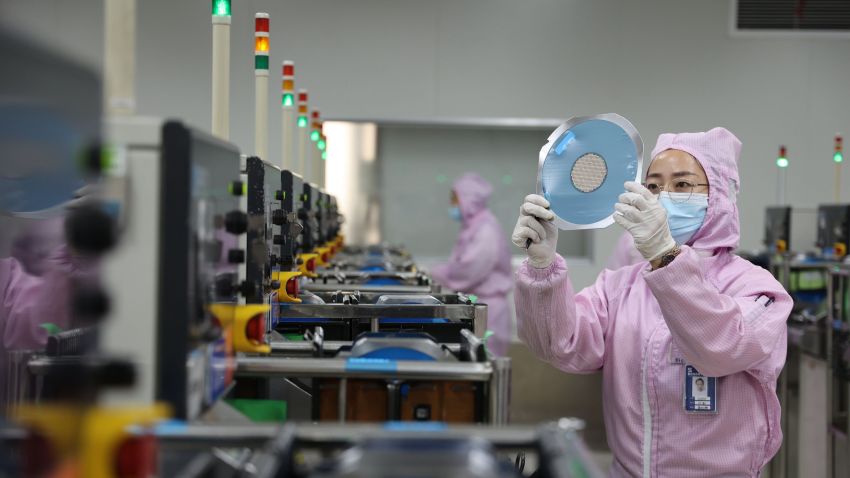Last week, the U.S. Department of Commerce issued new regulations restricting the sale of semiconductors and cutting-edge chip-making equipment to China. Alan Estevez, the department’s undersecretary for industry and security, said, “The threat environment is always changing, and we are updating our policies today to make sure we’re addressing the challenges posed by the PRC while we continue our outreach and coordination with allies and partners.” Other senior officials at Commerce added that the measure was aimed at using technology policy to protect U.S. national security and foreign policy interests.
The new regulations, in addition to restricting Beijing’s access to advanced chips and equipment exports, will also prohibit “U.S. persons,” both individual and corporate, from supporting the capability of Chinese firms to manufacture cutting-edge chips. They will also prevent the sale by third parties of any chips using U.S. technology to Chinese entities, with some carve-outs for foreign-owned plants already fabricating chips in China. Ken Wolf, an analyst at Akin Gump, called the language on industrial support “significant, expansive” and “novel” in restricting a technology that is usually not subject to export controls.
For Washington, the implementation of these far-reaching measures will require international cooperation. In Asia, for instance, Chinese technology giants like Alibaba depend heavily on regional chipmaking powers, including Taiwan’s TSMC and South Korea’s Samsung, for fabrication of the most advanced chips. Telecommunication giants like South Korea’s SK Hynix have also invested billions of dollars in China-based investments, complicating the odds that Seoul will align with a Washington-led drive to “decouple” from Beijing.

